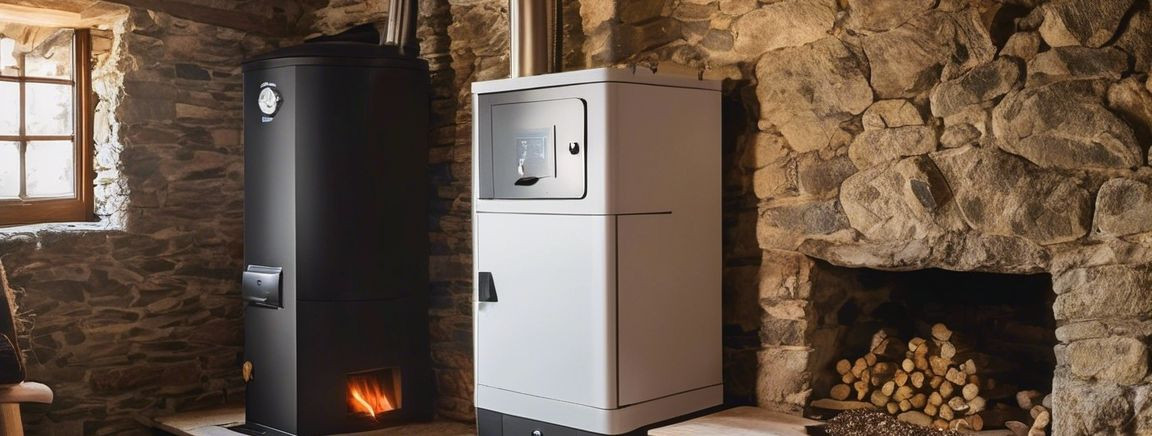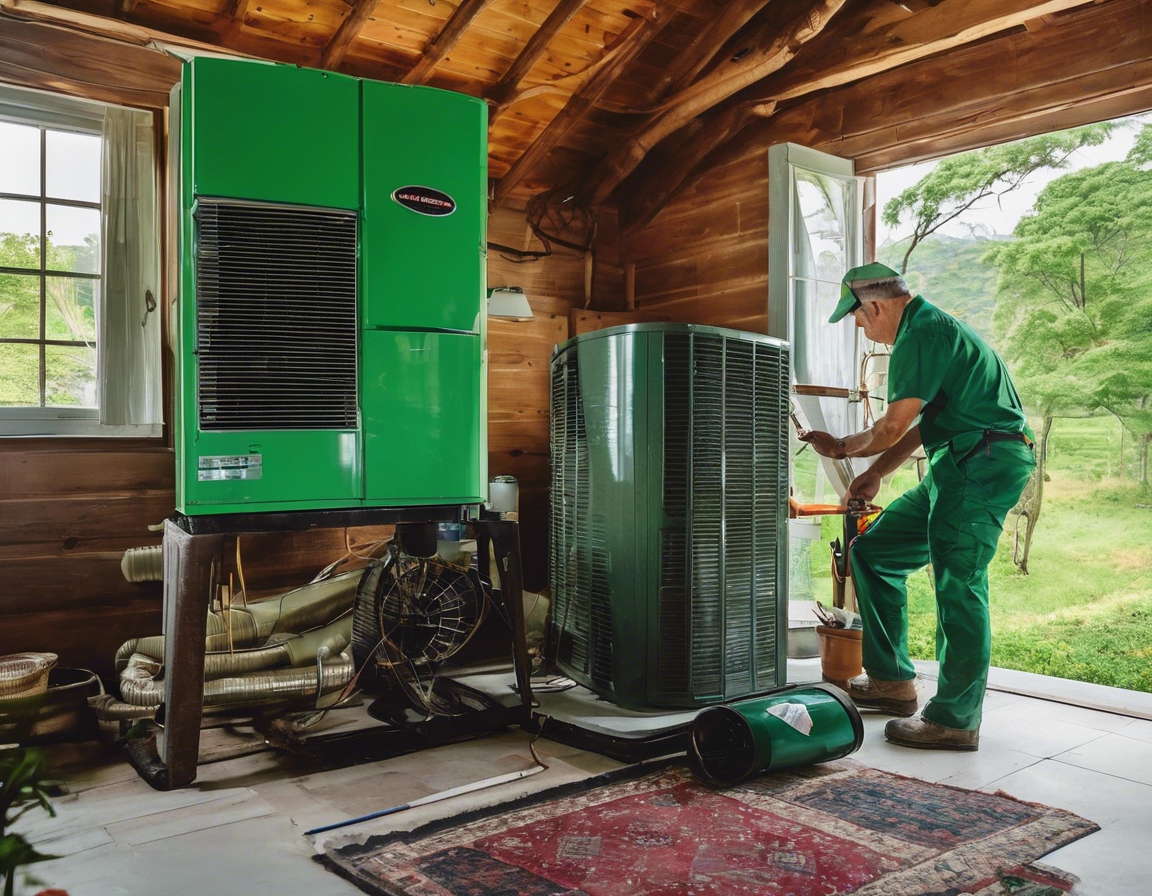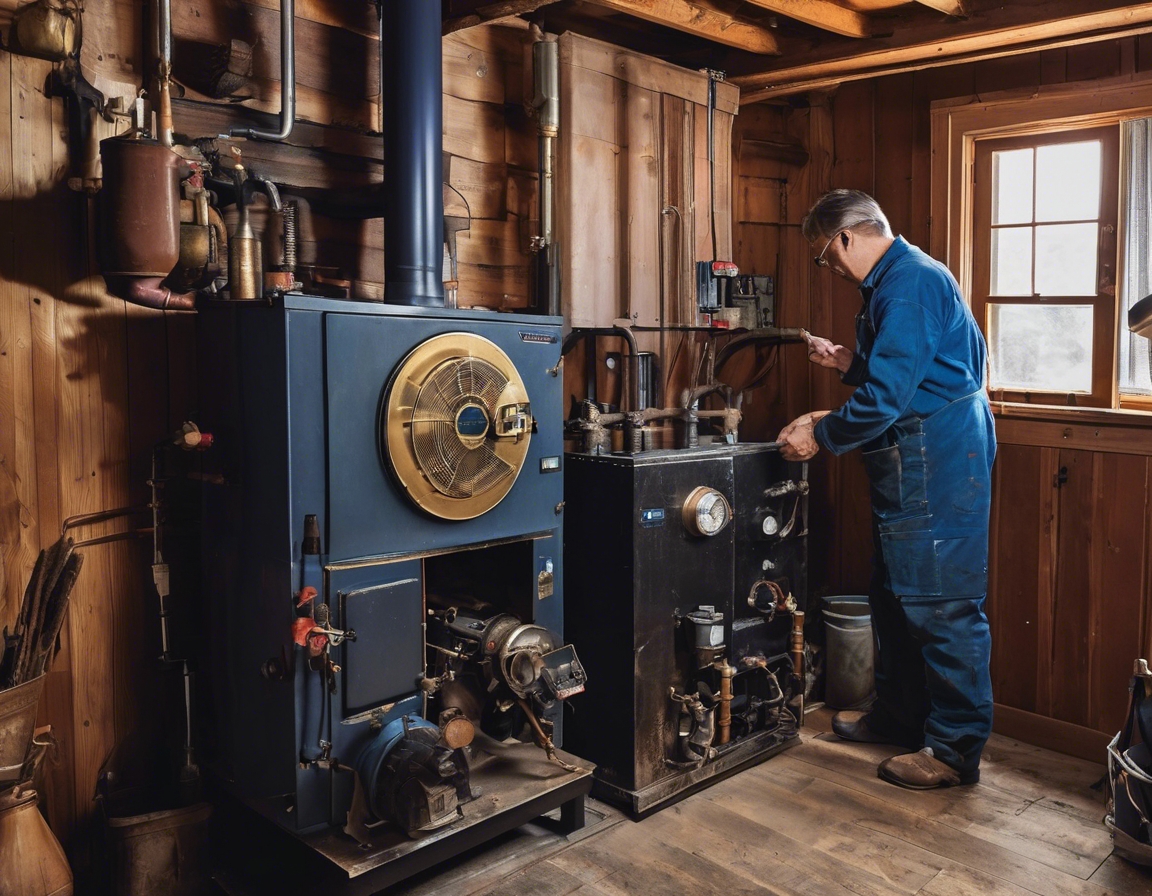How to choose the right boiler for your needs
Boilers are integral components of heating systems, providing warmth and hot water to homes and businesses. They are especially crucial in rural and suburban areas where alternative heating options may be limited. A well-functioning boiler ensures comfort and efficiency, making it essential to choose the right one for your needs.
Choosing the right boiler can lead to significant benefits, including reduced energy bills, lower carbon emissions, and increased reliability. A suitable boiler will not only meet your current heating demands but also adapt to future needs, ensuring long-term satisfaction and savings.
2. Types of Boilers Available
Combi boilers are compact units that provide both heating and hot water on demand. They are ideal for smaller homes with limited space and are known for their energy efficiency and ease of installation.
System boilers require a separate hot water cylinder but no water tank, making them suitable for homes with higher hot water demands. They offer a constant supply of hot water and are compatible with solar heating systems.
Conventional boilers, also known as regular or traditional boilers, require both a cylinder and a tank. They are best suited for larger homes with multiple bathrooms, providing a steady supply of hot water to multiple outlets simultaneously.
Biomass boilers use organic materials like wood pellets or chips as fuel. They are an environmentally friendly option, reducing carbon emissions and utilizing renewable resources. Biomass boilers are ideal for those looking to minimize their environmental impact.
3. Key Factors to Consider When Choosing a Boiler
Energy efficiency is a critical factor when selecting a boiler. High-efficiency boilers can significantly reduce energy consumption and lower utility bills. Look for boilers with high efficiency ratings and consider models with advanced features like modulating burners.
The type of fuel your boiler uses will impact its efficiency and running costs. Common fuel types include natural gas, oil, electricity, and biomass. Consider the availability and cost of fuel in your area when making your decision.
Choosing the right size and capacity for your boiler is crucial to ensure it meets your heating needs without wasting energy. An undersized boiler will struggle to provide adequate heat, while an oversized one will cycle on and off frequently, reducing efficiency.
Consider the installation and maintenance costs associated with different boiler types. Some boilers may have higher upfront costs but offer lower maintenance expenses over time. Factor in the total cost of ownership when making your decision.
For environmentally conscious individuals, the environmental impact of a boiler is a significant consideration. Opt for boilers that use renewable energy sources or have low emissions to reduce your carbon footprint.
4. Understanding Your Specific Needs
Evaluate your heating requirements based on the size of your property, the number of occupants, and your hot water usage patterns. This assessment will help you determine the appropriate boiler type and capacity.
Set a realistic budget for your boiler purchase and installation. Consider both the initial investment and long-term savings from energy efficiency and reduced maintenance costs.
Think about your future needs, such as potential home expansions or increased hot water demand. Choose a boiler that can accommodate these changes without requiring a complete system overhaul.
5. Tips for Making an Informed Decision
Consult with heating professionals to gain insights into the best boiler options for your specific needs. They can provide valuable advice on installation, maintenance, and efficiency.
Research customer reviews and testimonials to learn about the experiences of others with different boiler models. This information can help you make a more informed decision.
Examine the warranties and after-sales support offered by different manufacturers. A comprehensive warranty and reliable support can provide peace of mind and protect your investment.






Comments (0)